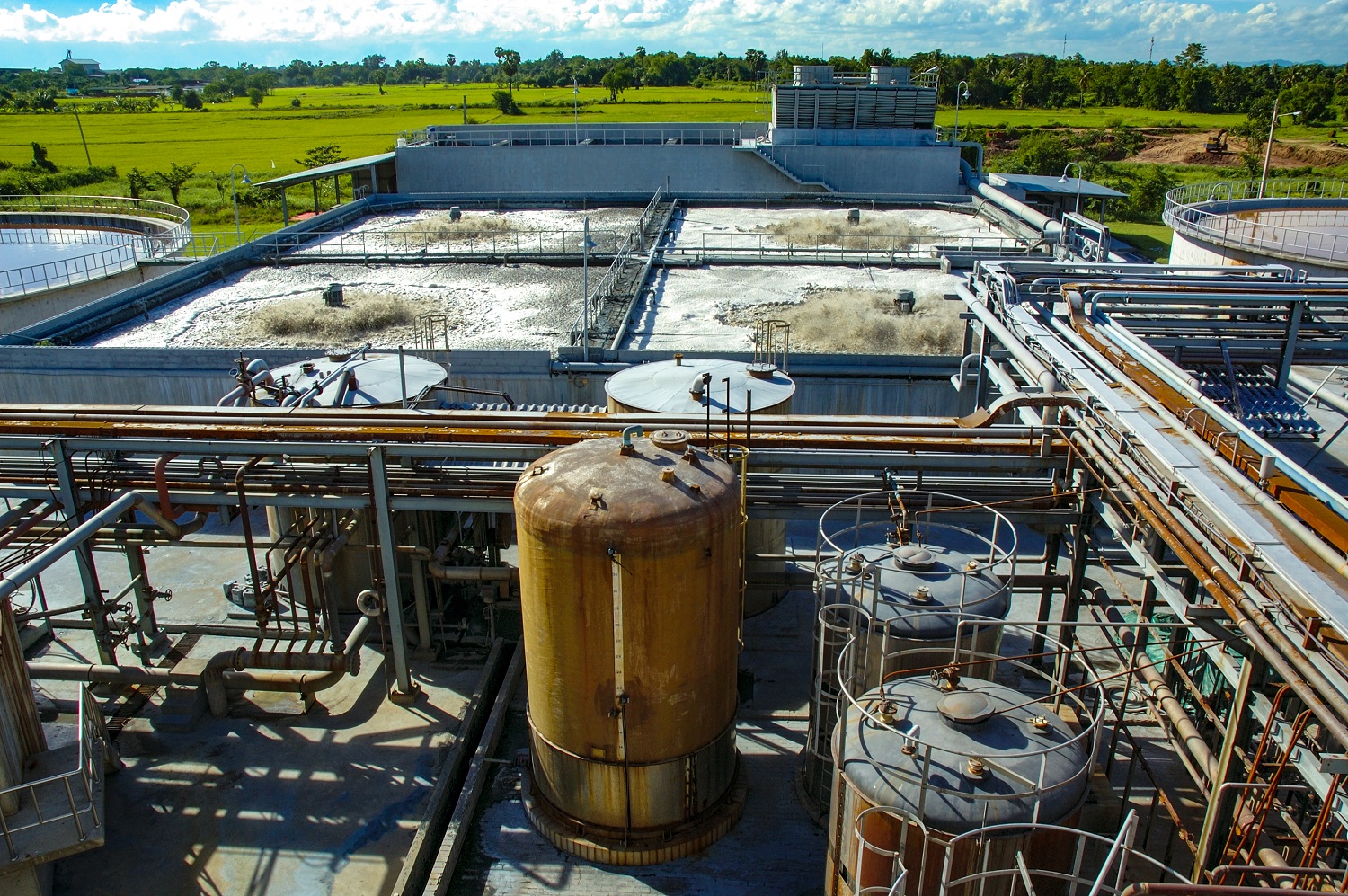
There are many ways water can become contaminated; by natural disasters such as floods, hurricanes and tornados or by man-made disasters and industrial pollution. This article looks at wastewater impurities and sustainable treatments that can eliminate those impurities.
Re-used wastewater is also known as recycled or reclaimed water and is a sustainable and economic practice. Wastewater treatment is beneficial for both small and large-scale industries and the re-used waster can irrigate farms, golf course and parks.
Wastewater impurities
There are several types of water impurities and many different sustainable wastewater treatment processes. These treatments eliminate impurities through 100% recycling and water re-use. Some of the impurities include the following:
- Micro-particles which are particles of paper, food particles, pharmaceutical waste and industrial waste.
- Polymer product industrial waste which consists of cosmetic micro-beads and micro-plastics, which require plastic recycling.
- Organic chemical waste which includes medicines, petroleum, herbicides, insecticides, cleaner and detergents. Residual traces of a banned chemical known as MTBE are still found in water and it will take some years before it is entirely removed from water.
Wastewater treatment processes
There are many types of sustainable wastewater treatment processes which allow wastewater to be re-used and they are described below.
- Biological treatment is a natural process triggered by the use of microorganisms. Natural cleaning of water has been used to clean water since the 19th century and is one of the most sustainable methods of wastewater treatment.
- Desalination is primarily used to make seawater usable and potable. It removes salt and other minerals from water.
- Clarification is a method used as pre-treatment before other water purification methods to clear small solid particles from water.
- Evaporation & crystallisation is a wastewater treatment process used to recover and recycle water from brine and waste streams. It is a popular industrial process and is also sometimes used to clean seawater.
- Oxidation and disinfection treatment disinfects water through physical and chemical methods, which destroys disease-causing microorganisms, to prevent their spread.
- Filtration is process which happens after water clarification treatment and removes any physical or biological solids’ particles left behind.
- Ion exchangeis a wastewater treatment which is carried out by exchange between a solution and an ion exchange resin. The resin can be cationic or anionic and is reusable. The impurity and the exchange ions are both mixed in the same type of solution (positive or negative) for the treatment. This is mainly used for water softening in industrial and residential sectors. It removes unwanted substances as well as toxic metals from the water.
- Membrane technology. During membrane separation, feed water flows through a semi-permeable membrane which separates unwanted materials from the water.
- Water purification plants use high-end machinery to recycle and restore water.
- Sewage sludge treatment is the process of disposing of sewage sludge mixed in with water. Sewage sludge treatment is used mainly in the industrial sector and can reduce both sludge and solid material mixed in water.
- Zero liquid discharge. As the name suggests, this process of wastewater treatment leaves zero liquid waste in the water. It purifies water through advanced desalination and various treatment techniques including ultrafiltration, reverse osmosis and evaporation and crystallisation.
Recycle and reuse technology
Despite being economical and sustainable, these recycle and re-use technologies are used by very few industries. These techniques remove solid particles more effectively in comparison to traditional methods. Reverse osmosis, for example, is a beneficial wastewater treatment that removes salts and chemicals, making water reusable for pulp and paper mills.
Conclusion
Recycle and re-use of water is especially beneficial for large-scale industries as the water usage of such sectors is immense. Companies can save money and the environment at the same time by practising more sustainable wastewater treatment.
About the author
This blog was supplied and written by Erich Lawson, online marketing manager for the Compactor Management Company. Mr Lawson writes on a variety of topics related to recycling, including tips and advice on how balers, compactors and shredders can be used to reduce industrial waste.




